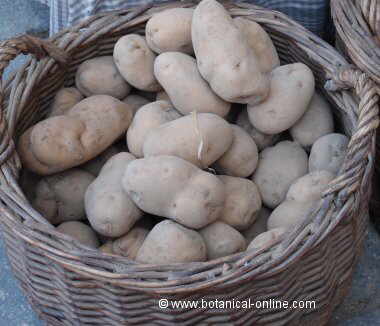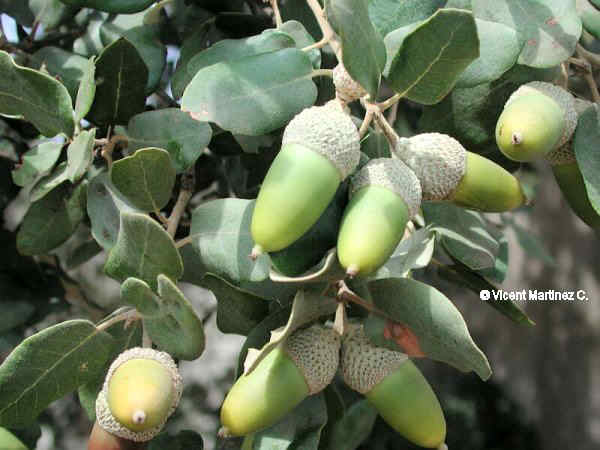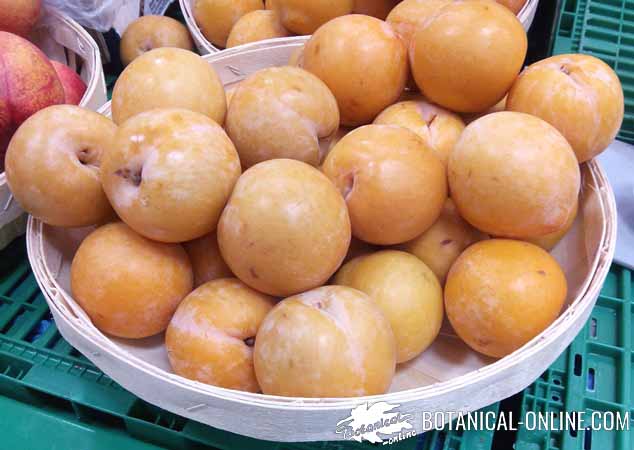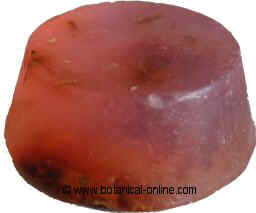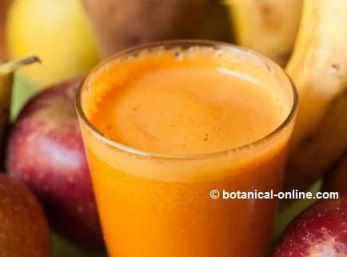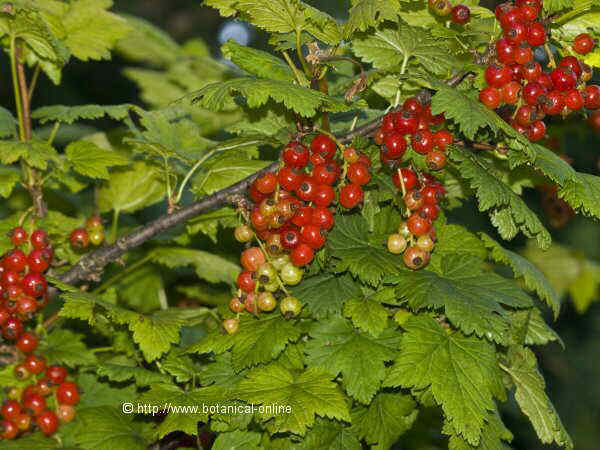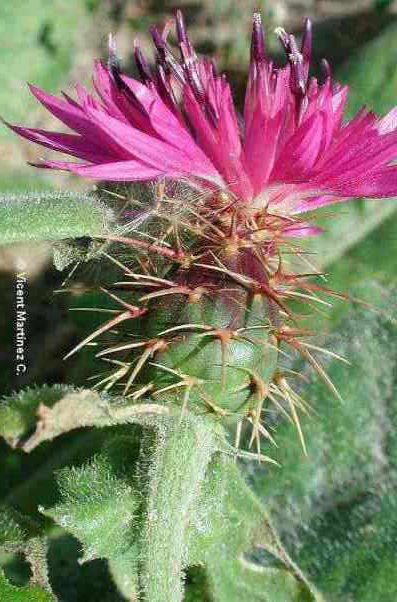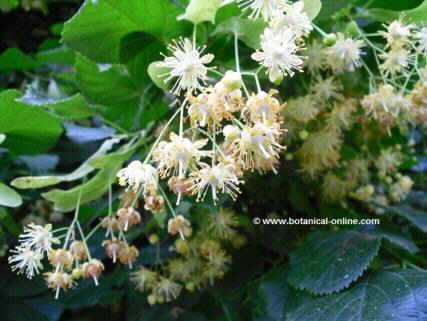Contents
The best diet for the elderly
The best diet for older people is a balanced diet. The balance of this diet focuses on the appropriate input of all nutrients. A diet that provides the suitable fats, carbohydrates, proteins and minerals.
A varied diet should include different foods from each of these groups so that among them they are complemented and able to replace the particular deficiencies.
The following table shows what would be an ideal contribution by food groups
| Ideal diet for the people majors | ||
| Needed food | Daily amount | Rations |
| Fruits | 2 to 3 meals a day (a citrus fruit at least once every day or other food rich in vitamin C, such as raspberries and peppers) | Eight servings of fruits and vegetables a day. Especially, take them to lunch and tea. It is considered as one serving:
|
| Vegetables | 2 meals daily, one in the morning and one in the evening. A dark green leafy vegetables at least daily (spinach, lettuce, cabbage) | |
| Legumes | 5 weekly meals. | A serving is:
|
| Carbohydrates | 6 daily servings of foods that contain hydrates (bread, cereals, pasta, potatoes, etc) | A serving is: – 1 slice of bread – Half cup rice – 2 medium potatoes |
| Dairy products | 3 daily rations of skimmed dairy products (skimmed milk, skimmed yogurts, cheeses, etc.) | A serving is:
|
| Protein | 1 serving at lunch and another at dinner (eggs, fish, lean meat) eating a broiled fish at least twice a week. Eating more than three servings of lean meat per week. | A serving is:
|
| Fats | 3-5 daily servings. Mainly in the form of Olive oil. | A serving is:
|
Recommended foods to feed the elderly
A diet high in antioxidants will help to preserve us better.
This diet rich in antioxidants is especially necessary for older people who are immersed in the process of aging. A diet rich in these foods help to stop the negative impact that free radicals have on the elderly.
Among these foods we have:
- Carotenoids: Precursors of vitamin A. (See vitamin A) Betacarotene is a carotenoid. This is a plant pigment that, once ingested, turns into the liver and small intestine in vitamin A. It is a very important antioxidant component.
Fruits and vegetables are rich in beta carotene. Among some foods rich in these principles we have, for example: carrots, spinach, pumpkins or tomatoes.
- Vitamin C: This is another important antioxidant. It is found mainly in fruits and vegetables. Among the main foods rich in this vitamin, we have, for example, peppers, one of the world’s plants that as more quantity, after the Barbados cherry (Malpighia glabra L) or dog rose (Rosa canina). Also citruses are very rich in it (oranges, lemons, grapefruits, etc.).
- Vitamin E: It protects cell membranes from oxidation by protecting its fatty acids. A lack of this vitamin appears to be produced by degenerative changes in the cells of some tissues such as muscle and heart.
Vegetables and green vegetables, as well as the rich oil vegetables, are those that have more amount of this vitamin, such as, for example, purslane, asparagus, lettuce, peas, walnuts, wheat germ or sunflower seeds, that are those that have the highest content.
- Flavonoids: polyphenolic compounds are displayed in fruits and vegetables and some beverages, like tea, beer or wine. Among these compounds the most important is the quercetin found in many plant foods such as garlic, onion, apple, cabbage, pear, spinach. Other important flavonoids would be genistein of soybean, rutin of citruses (oranges, lemons, grapefruits, tea) or polyphenols among which epigallocatechin gallate stands out.
- Zinc: Vegetal foods high in zinc are: celery, asparagus, borage, figs, potatoes, eggplants, peaches, etc.
- Selenium: Besides protecting the heart, favoring the immune system or removing heavy metals from the body, aids in the protection of numerous cancers, including colon, prostate or lungs. Selenium-rich foods include: oats, brown rice, peaches.
Foods especially recommended in the diet of the elderly
The main foods are those rich in antioxidant compounds. Among the antioxidants, we need to highlight some foods particularly high antioxidant properties and should not be missing from the table of the elderly. Among them we mention the following:
- Berries:The black or dark reddish purple color of these foods indicate its richness in antioxidants. Raspberries stand out especially, but also blackberries or bilberries can be included in this section.
- Cabbage family : Within this family, the Brassicaceae group is the one that contains most antioxidant properties. To this group cabbage,cauliflower, broccoli or any type of cabbage belongs.
- Tomatoes: The tomatoes are rich in glutathione and beta-carotene, two powerful antioxidants. They should not be missing from a healthy table.
- Carrots: Carrots are rich in vitamin C and beta carotene. They help maintain the appearance of younger skin and preserve one’s sight.
- Garlic and onions: Garlic and onions help keep the circulatory system in good condition, protect us from cancers and avoid the spread of many bacteria and fungi.
- Grapes: The black grape contains a flavonoid called resveratrol that is a major detox.
- Lemons: Lemon is an excellent cleanser, protects the circulatory system and prevents us from respiratory diseases. Its richness in vitamin C sets it as one of the best antioxidants.
![]() More information on aging and its natural treatment
More information on aging and its natural treatment

